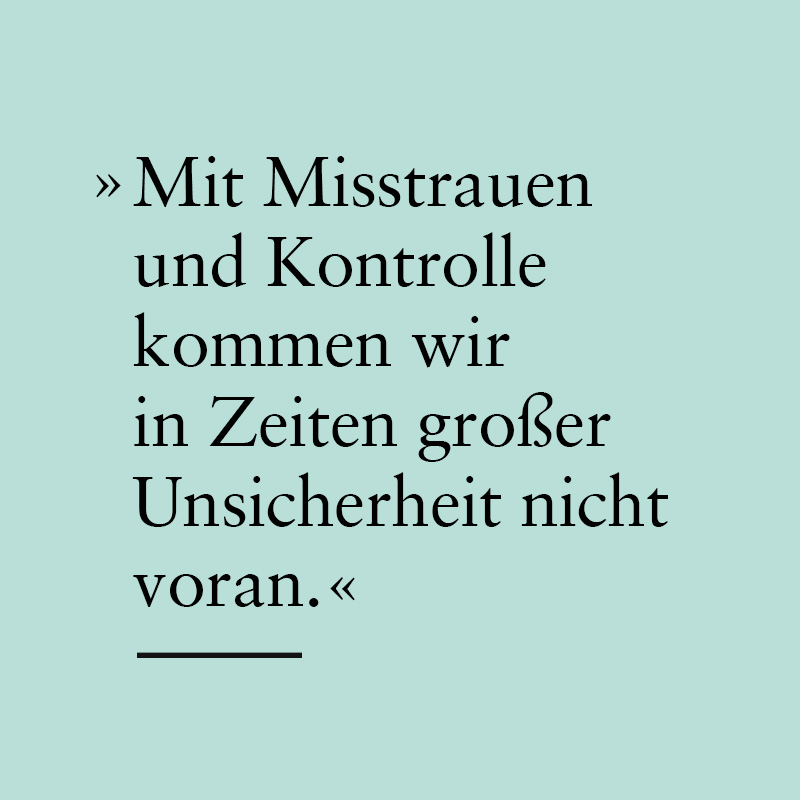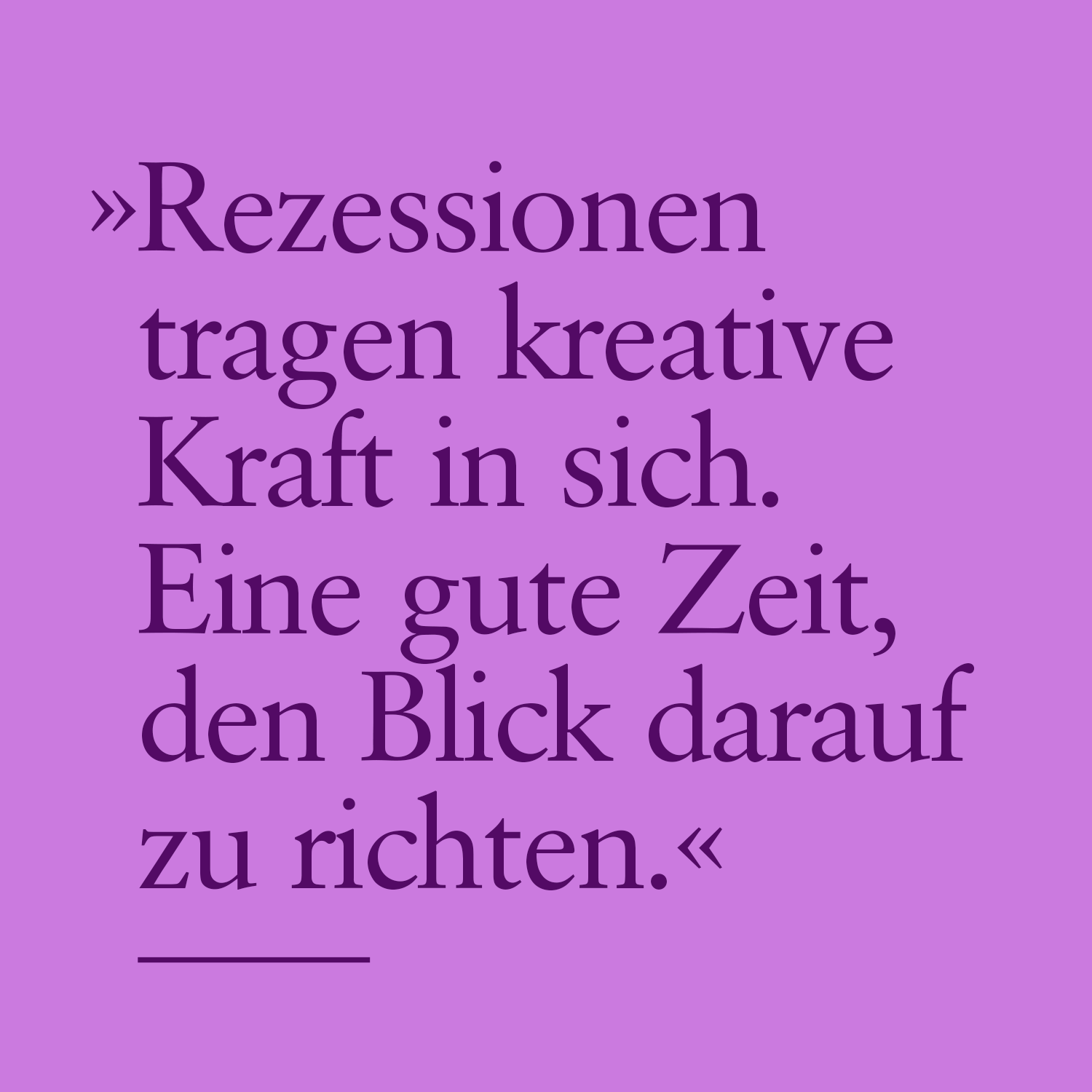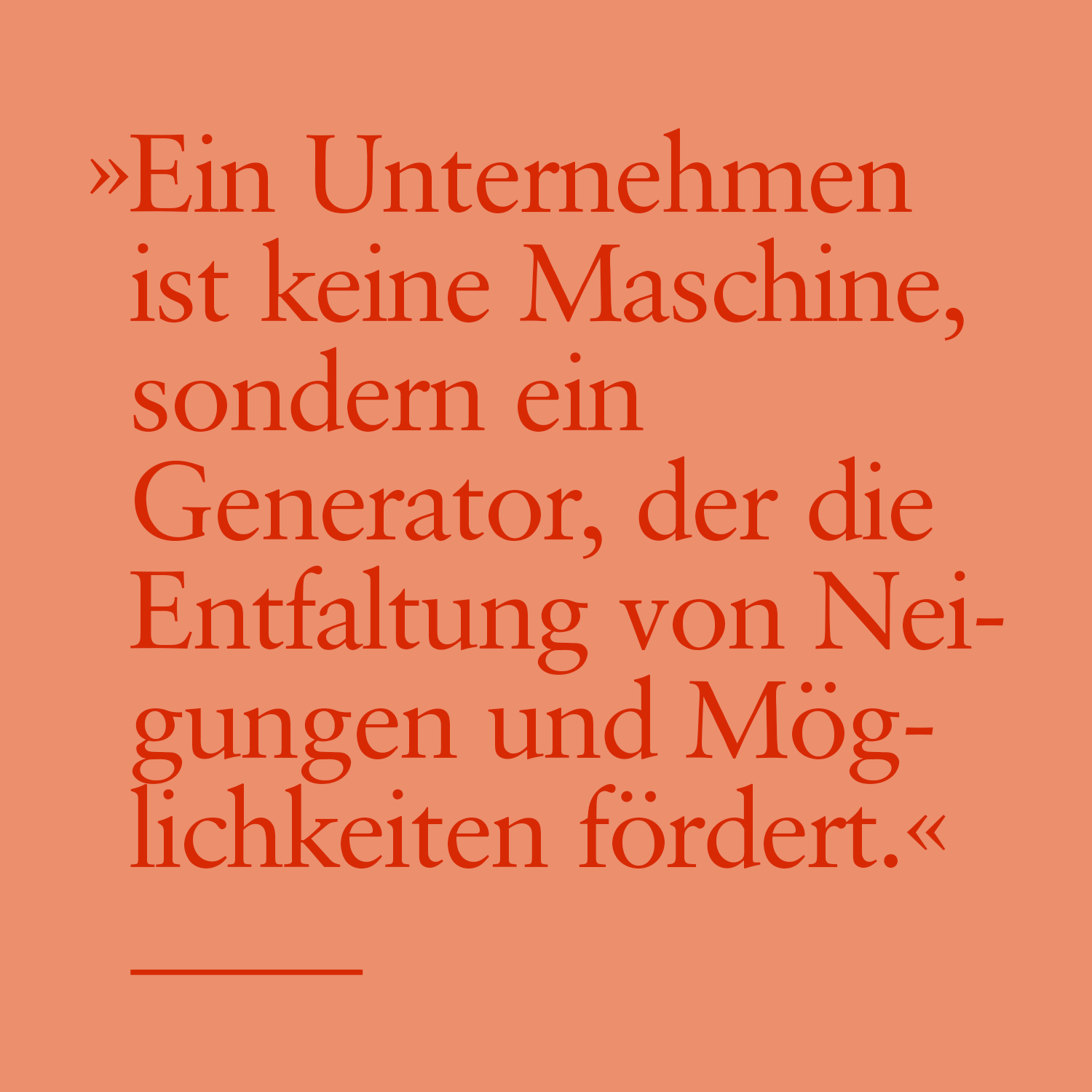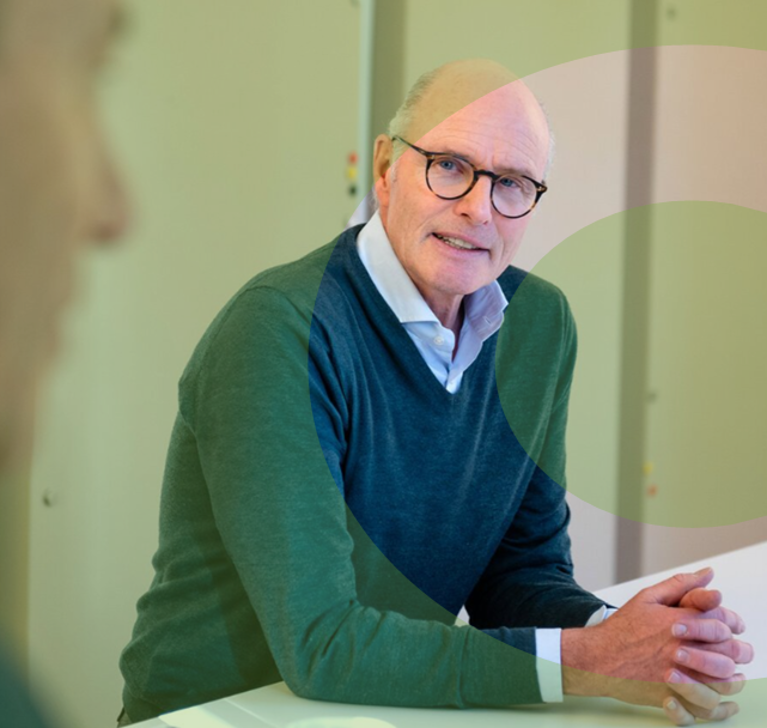
Hello from Hamburg,
in meinem letzten Newsletter habe ich vom chinesischen Haushaltsgerätehersteller Haier berichtet, der sein Unternehmen in 4.000 einzelne Firmen aufgeteilt hat. Damit bietet er seinen Mitarbeiterinnen und Mitarbeitern die Möglichkeit, selbst Unternehmer in einer der Tochterfirmen zu werden. Eine Leserin fragt: „Woher nehmen die Verantwortlichen das Vertrauen, dass das, was daraus entsteht, dem Interesse des Unternehmens entspricht? Und dass es darüber nicht zu einem Gemischtwarenladen ohne Profil wird?“
Ruimin Zhang, CEO von Haier und der Erfinder des Modells, sagt dazu: „Um einen Urwald entstehen zu lassen, kannst du nicht bestimmen, welche Bäume du haben willst und welche nicht. Du kannst nur in einer passenden klimatischen Umgebung den Boden vorbereiten, Licht und Wasser hinzugeben (…). Der Rest ist Evolution.“ Die Unternehmensleitung von Haier gibt natürlich Leitplanken vor, innerhalb derer sich die Einzelunternehmen bewegen sollten, zum Beispiel zur mittel- bis langfristigen Profitabilität oder zur strategischen Ausrichtung der neu entstehenden Geschäftsbereiche. Grundsätzlich spricht aus den Worten des Gründers starkes Vertrauen in die Kollegen und Zutrauen in das, was entsteht, ohne zu wissen, was das sein wird.
Die wichtigste Zutat für eine Umgebung, in der wir unternehmerisches und persönliches Wachstum erwarten können, ist in der Tat Vertrauen. Das Gegenteil stimmt leider auch: Wir sehen, dass etablierte Unternehmen viel mehr Zeit für die Entwicklung von Innovationen oder die Umsetzung ihrer Vorhaben brauchen, als sie sich eigentlich leisten können. Es gibt zu viele Abstimmungsschleifen, zu viele Versuche, sich abzusichern, die letztlich nichts anderes sind als der Ausdruck von Misstrauen. Von Misstrauen und Kontrolle getriebene Handlungsweisen aber kosten Zeit und Geld. Wenn wir schneller werden wollen, müssen wir das Vertrauen erhöhen.
Leichter gesagt als getan. Es ist eine Binsenweisheit, dass Vertrauen nur langsam aufzubauen, aber schnell zerstört ist. Wie kann ich als Führungskraft Vertrauen im Alltag aufbauen und Zutrauen lernen?
Mich spricht die Deutung der Harvard-Professorin Frances Frei an, die sagt, dass Vertrauen drei Elemente hat: Authentizität, Logik und Empathie.
- Authentizität: Forschungen zeigen, dass es 15 Sekunden braucht, um zu erkennen, ob jemand authentisch ist oder sich verstellt. Authentizität setzt Selbsterkenntnis und permanente kritische Selbstreflexion voraus. Als Führungskraft können wir nicht immer alles sagen, was wir wissen, zum Beispiel bei Personalentscheidungen, wenn ein Unternehmen umorganisiert werden soll. Aber offen zu sagen, dass wir etwas nicht wissen oder nicht sagen können und erklären, warum, hilft, Vertrauen selbst in kritischen Situationen aufzubauen.
- Logik, die auch Fach- und analytische Kompetenz einschließt. Wer hier eine Schwäche hat, so Frei, neigt dazu, einen Sachverhalt umständlich und lange einzuleiten und nicht zum Punkt zu kommen. Wenn ich zum Beispiel einem Mitarbeiter langatmig die Rahmenbedingungen, die aktuelle Situation, das Umfeld erläutere, um dann irgendwann die Katze aus dem Sack zu lassen: „Ich meine, du solltest eine andere Aufgabe übernehmen.“ Während der Ausführungen fragt sich der Mitarbeiter: „Was will die Chefin mir bloß sagen?“ Und wird mit jeder Schleife misstrauischer: „Will sie mich feuern?“ Die Empfehlung von Frei: Erst das Ergebnis, dann die Herleitung darstellen: „Ich rege an, dass du eine andere Aufgabe übernimmst, und zwar … Weil …“
- Empathie, deren Maß sich zum Beispiel in der Geduld beim Zuhören zeigt. Besonders sichtbar bei Meetings, die Teilnehmer oft nutzen, um sich auszusprechen und vor anderen zu positionieren (was an sich ein Problem ist, aber das ist ein anderes Thema …). Die Aufmerksamkeitsspanne von Führungskräften, die ein „Empathy wobble“ haben, wie Frei sagt, ist bei Meetings nach wenigen Sekunden im Keller und bleibt auch dort, bis ihnen der Kragen platzt. Weil ich ja die Antwort schon lange zu kennen meine. Ich gestehe, dass ich an dieser Stelle ein „wobbler“ bin. Empathy wobblern empfiehlt Frei, sich von der Ich-Zentriertheit zur Anderen-Zentriertheit zu bewegen. Zum Beispiel, indem ich Fragen stelle, die die Teilnehmer ermutigen, selbst Lösungen zu finden, die vielleicht besser sind als das, was ich im Kopf habe: „Habt ihr eine Idee, wie wir das lösen können?“
Zuhören. Offen sein für Überraschungen. So baue ich Vertrauen auf. Wenn ich Menschen eine Aufgabe zutraue, selbst auf die Gefahr hin, dass es daneben geht, erlebe ich große Anstrengungen, dieses Zutrauen zu erfüllen. Wie bei Haier, dessen Unternehmenserfolg der vergangenen 20 Jahre auf Ver- und Zutrauen basiert. Über Misstrauen und Kontrolle kommen wir in diesen Zeiten jedenfalls nicht oder nur viel zu langsam voran.



